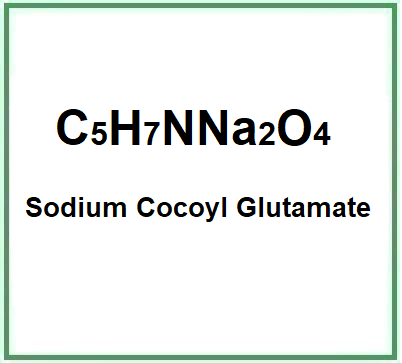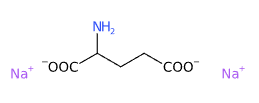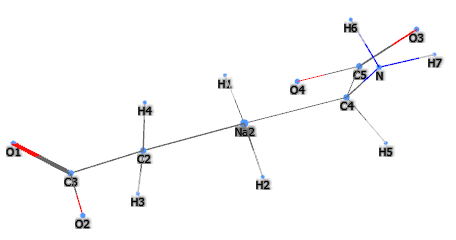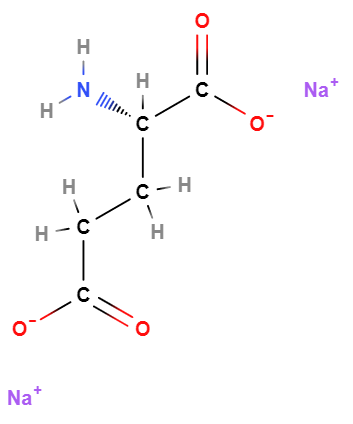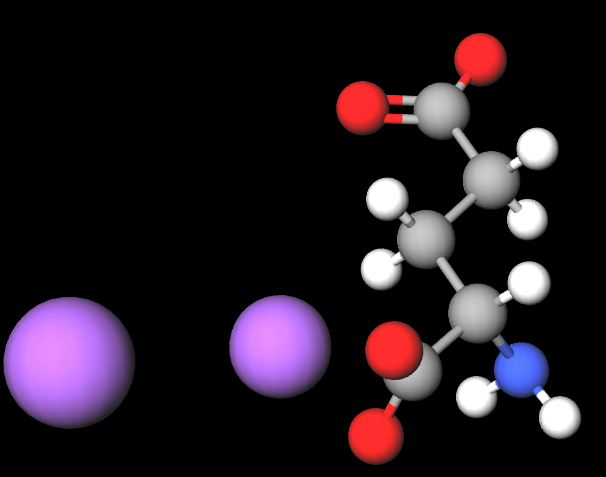Sodium Cocoyl Glutamate (Disodium Cocoyl Glutamate) is a chemical compound, sodium salt of cocoyl glutamic acid, sodium salt of the amide produced from the reaction of coconut acid chloride and glutamic acid.
It is produced industrially from vegetable sources such as fat oils and sugar.
Name breakdown and function of the components
- Sodium - Represents sodium, an alkali metal often present in ionic form in cosmetic compounds.
- Cocoyl - Derives from coconut fatty acid. It signifies that the original compound (usually lauric acid) comes from coconut oil.
- Glutamate - Represents glutamic acid, an amino acid. When bound to sodium, it becomes a salt, specifically sodium glutamate.
Description and function of the raw materials used in production
- Coconut oil - Provides fatty acids which, when processed, become the "cocoyl" part of the compound.
- Glutamic acid - An amino acid used to form the "glutamate" part of the compound.
Summary of the synthesis process step by step
- Extraction of fatty acids - Fatty acids are extracted from coconut oil.
- Reaction with glutamic acid - The extracted fatty acids react with glutamic acid in the presence of sodium to form sodium cocoyl glutamate.
- Purification - The resulting product is purified to remove impurities and by-products.
- Drying - Moisture is removed from the final product to obtain sodium cocoyl glutamate in solid form or concentrated solution.
It occurs as a colourless or yellowish liquid.
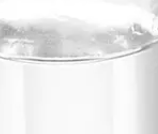
What it is used for and where
This surfactant is often used in hair and skin care products due to its gently cleansing and foaming properties. It's known to be a milder alternative to other more aggressive surfactants.
Cosmetics
Sodium Cocoyl Glutamate is a surfactant, an anionic cleaning agent with a foaming agent function. It is used in cleansing gels, shampoos and other body care products. Cosmetic products used to cleanse the skin utilise the surface-active action that produces a lowering of the surface tension of the stratum corneum, facilitating the removal of dirt and impurities.
The dosage as main surfactant is normally 8.0%-15.0%, as auxiliary surfactant 1.0%-6.0%.
Cleansing agent. Ingredient that cleanses skin without exploiting the surface-active properties that produce a lowering of the surface tension of the stratum corneum.
Surfactant - Cleansing agent. Cosmetic products used to cleanse the skin utilise the surface-active action that produces a lowering of the surface tension of the stratum corneum, facilitating the removal of dirt and impurities.
This study evaluated the degreasing effect and skin tolerability of a botanical facial cleanser with hops and willow bark extract and Disodium Cocoyl Glutamate glutamate as a mild cleansing agent compared to a standard facial cleanser with sodium laureth sulfate (SLES). Unlike the SLES-containing cleanser, the botanical skin cleanser with hops and willow bark extract had a continuous degreasing effect without reactive seborrhea after the treatment break. SLES-free skin cleansing might be beneficial for sensitive skin (1).
Other uses
Oral products with dosage 1.0-3.0%
The most relevant studies on the subject have been selected with a summary of their contents:
Sodium Cocoyl Glutamate studies
Typical optimal commercial product characteristics Sodium Cocoyl Glutamate
| Appearance | Colorless to pale yellow liquid |
Boiling Point
| 363.2±11.0 °C at 760 mmHg |
| Density | 1.2±0.1 g/cm3 |
Flash Point
| 166.9±15.5 °C |
Active substance content %
| 28-30 |
Sodium chloride %
| ≤1.0 |
Light transmittance %
| ≥90 |
| pH | 8.5~10.5 |
Heavy metals mg/Kg
| ≤10 |
As mg/Kg
| ≤2.0 |
- Molecular Formula C5H7NNa2O4
- Molecular Weight 191.09
- Exact Mass 196.088821
- CAS 68187-32-6
- UNII MBK0CP8F5A
- EC Number 269-085-1
- DSSTox Substance ID DTXSID9020906
- IUPAC disodium;(2S)-2-aminopentanedioate
- InChI=1S/C5H9NO4.2Na/c6-3(5(9)10)1-2-4(7)8;;/h3H,1-2,6H2,(H,7,8)(H,9,10);;/q;2*+1/p-2/t3-;;/m0../s1
- InChl Key PXEDJBXQKAGXNJ-QTNFYWBSSA-L
- SMILES C(CC(=O)[O-])C(C(=O)[O-])N.[Na+].[Na+]
- MDL number
- PubChem Substance ID
- FEMA 2756
- ChEBI 91250
Synonyms :
- l-Glutamic acid, N-coco acyl
- Disodium Cocoyl Glutamate
References_________________________________________________________________________
(1) Weber N, Schwabe K, Schempp CM, Wölfle U. Effect of a botanical cleansing lotion on skin sebum and erythema of the face: A randomized controlled blinded half-side comparison. J Cosmet Dermatol. 2019 Jun;18(3):821-826. doi: 10.1111/jocd.12680.
![]() Sodium Cocoyl Glutamate
Sodium Cocoyl Glutamate 

